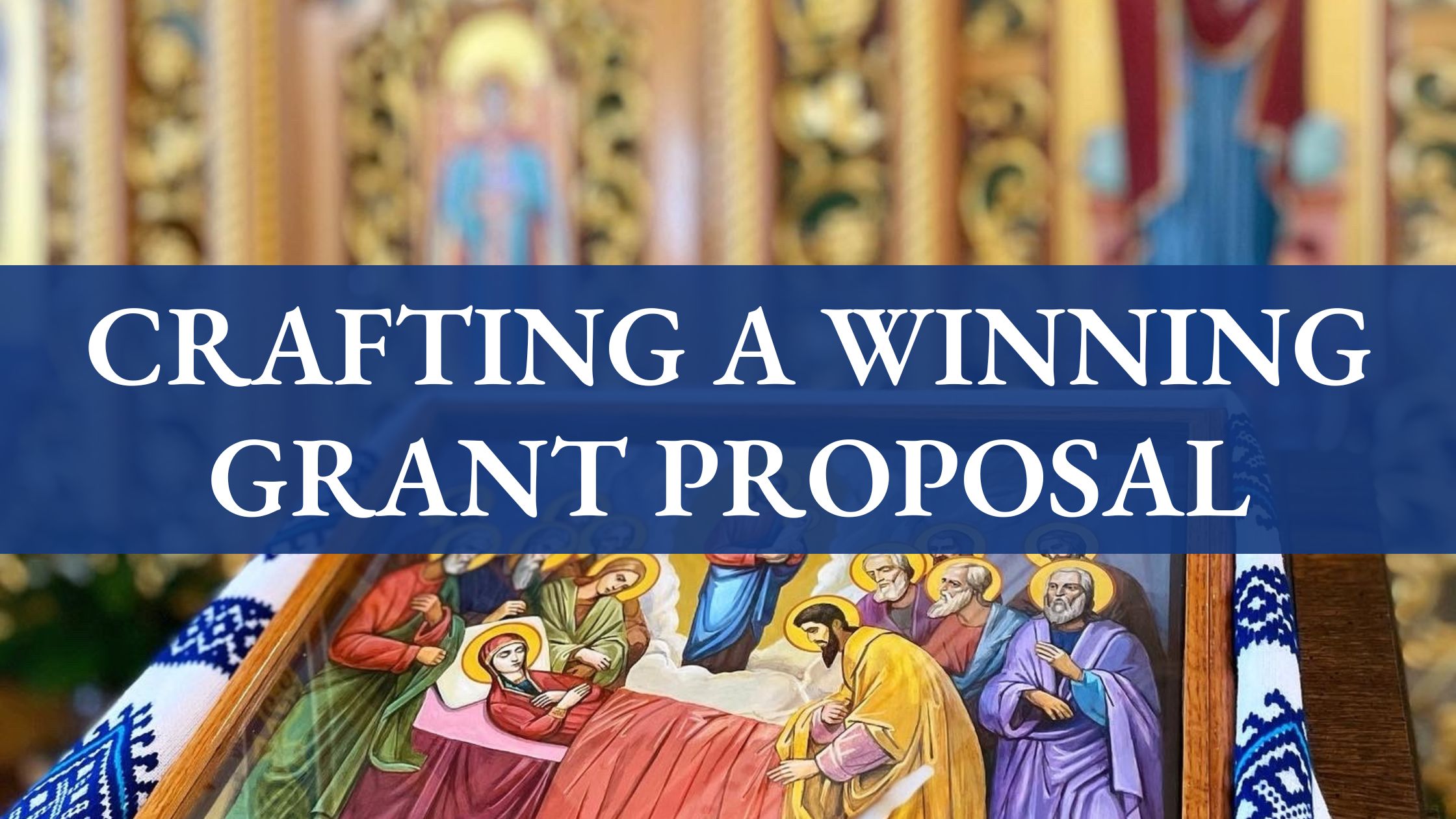Securing grant funding for your church’s projects and initiatives can be a transformative opportunity. However, the path to success lies in crafting a compelling grant proposal that effectively communicates your church’s mission, goals, and measurable outcomes. In this article, we’ll provide insights into the essential components of a winning grant proposal and offer tips for church leaders to navigate this process effectively.
1. Mission Alignment
The cornerstone of any successful grant proposal is alignment with your church’s mission and values. Funders want to support organizations that share their vision and goals. Ensure that your proposal clearly demonstrates how your project or initiative aligns with your church’s mission statement and the grantmaker’s objectives.
Tip: Start your proposal with a compelling narrative that highlights the church’s mission and how the proposed project directly contributes to fulfilling that mission.
2. Clear Project Description
A well-defined project description is crucial for funders to understand the scope and purpose of your initiative. Provide detailed information about what you aim to achieve, who will benefit, and the specific activities you plan to undertake.
Tip: Break down your project into manageable components, outlining the timeline and resources required for each phase.
3. Measurable Goals and Objectives
Clearly articulate your project’s goals and objectives. Make them specific, measurable, achievable, relevant, and time-bound (SMART). This demonstrates your commitment to accountability and allows funders to gauge the project’s impact.
Tip: Use quantifiable metrics to measure success, such as the number of individuals served, the percentage increase in participation, or specific outcomes achieved.
4. Needs Assessment
Describe the problem or need that your project aims to address. Back it up with data, statistics, or community assessments that illustrate the significance and urgency of the issue. This helps funders understand why your project is essential.
Tip: Include testimonials or stories from individuals who have been directly impacted by the issue to provide a human perspective.
5. Comprehensive Budget
Develop a detailed budget that outlines all the project’s costs, including personnel, materials, equipment, and administrative expenses. Ensure that your budget aligns with the grantmaker’s guidelines and clearly shows how grant funds will be utilized.
Tip: Use budget categories that correspond to the grant application’s specific requirements to make it easy for reviewers to match expenses to their guidelines.
6. Sustainability Plan
Demonstrate your church’s commitment to the long-term success of the project. Explain how you plan to sustain it after the grant period ends, whether through ongoing funding sources, community partnerships, or volunteer support.
Tip: Highlight any in-kind contributions or partnerships that demonstrate a strong community commitment to the project’s sustainability.
7. Strong Narrative
Craft a compelling narrative that weaves together all the components of your proposal. Tell a story that engages the reader emotionally and conveys the passion and dedication your church has for the project.
Tip: Keep the language clear and concise, avoid jargon, and ensure a logical flow from one section to the next.
8. Letters of Support
Include letters of support from community leaders, partners, or individuals who can attest to the importance and feasibility of your project. These endorsements add credibility to your proposal.
Tip: Ensure that each letter is tailored to the specific grant application and highlights the unique aspects of your project.
9. Proofread and Revise
Before submitting your proposal, carefully proofread it for errors in grammar, spelling, and formatting. Ask colleagues or members of your grant-writing team to review and provide feedback.
Tip: Double-check that all required attachments, such as financial documents or letters of support, are included and properly labeled.
10. Follow Grantmaker Guidelines
Always adhere to the grantmaker’s guidelines and submission requirements. Missing a deadline or failing to meet specific criteria can result in your proposal being disqualified.
Tip: Create a checklist to ensure that you’ve addressed all the grantmaker’s requirements before submission.
Crafting a winning grant proposal for your church requires careful planning, a deep understanding of your mission, and a commitment to transparency and accountability. By aligning your proposal with your church’s values, clearly defining your project, setting measurable objectives, and telling a compelling story, you can increase your chances of securing the funding needed to make a positive impact on your community and fulfill your church’s mission. Remember that the grant proposal is not just a request for funding; it’s an opportunity to share your church’s vision and commitment to making a difference.

